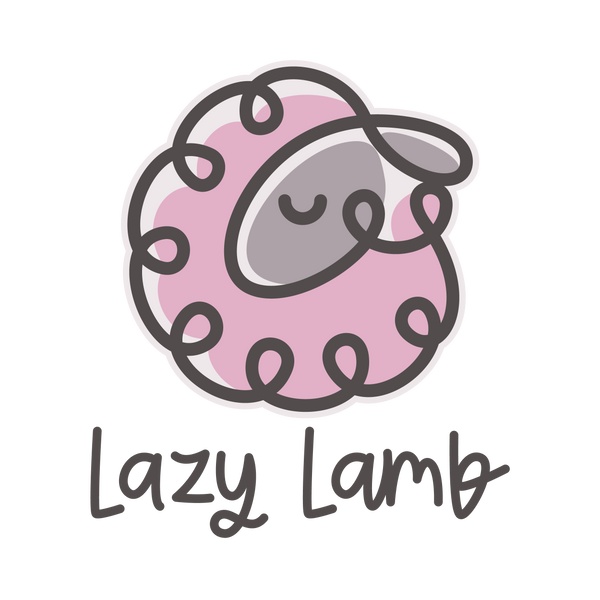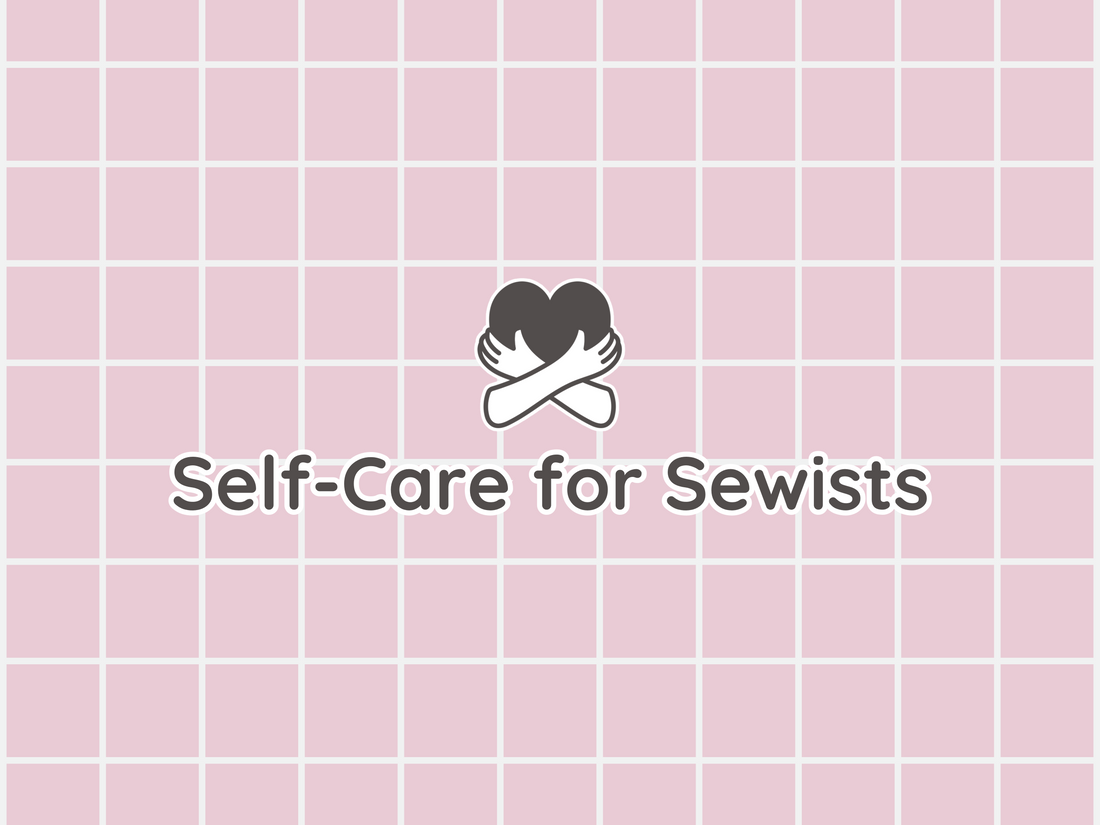Burnout is real as hell- I've experienced it personally, almost every textile artist I know has struggled with it, and the APA backs up my anecdotal observations too. When it comes to burnout, an ounce of prevention is absolutely worth a pound of cure. You can take small steps to avoid burnout every day by taking care of yourself and setting boundaries with your work, but once you have it the estimated recovery period is around 1-3 years. As they say, if you don't take breaks your body will make you take them.
I wanted to look specifically at some ways people who work in the world of textile art can take care of themselves to help avoid burnout; I pulled from my own knowledge (having learned many of these lessons the hard way) as well as talking to fellow sewists to see what they find helpful. Below are the top 6 tips to keep your mental in tip-top shape!
Take care of your hands
Our hands work hard for us as crafters and deserve a little special treatment!! This can mean a variety of things for different people- I like to do my nails every week, but I know not everybody is into that kind of thing. A hand massage, paraffin wax treatment, or splurging on a special hand cream are all great ways to give your hands a treat. The bonus is that when your hands look and feel nice you'll love working with them! Part of why nail art is a staple of my self care routine is that looking at my own shiny nails while I sew genuinely makes me happy (I like shiny things!)
Stretch your body
Sewing is a largely stationary craft and that can cause all sorts of soreness, especially in the lower back and neck. Taking up yoga, pilates, or just stretching on a regular basis (daily at least, maybe even multiple times a day!) can keep you in shape and prevent serious damage to your body down the line. Below is a really great yoga routine that focuses on the neck & shoulders, an area many sewists struggle with.
Deal with that thing you've been avoiding
Huh, that title sure was vague, wasn't it? Did something specific pop into your head when you read it? Do that thing. Self care isn't always about relaxation! We all have a project or chore that we've allowed to sit on the back burner for too long; those things weigh on your mind even when you're not actively thinking about them, and letting them fester will only clutter your mind and make you more likely to burn out.
Clean up
Yep, another self care activity that sucks. If you're struggling to focus or find inspiration, consider cleaning up your workspace. A cluttered space makes for a cluttered mind, and this also gives you a chance to move your body and focus on something other than sewing, so it's like 3 kinds of self care in one. The streamlined workflow you get from a clean space will make everything feel like it's going faster, and the lack of visual clutter will make it easier to focus on what you need to. Fun? Probably not, unless you're one of the lucky folk who just like cleaning. Worthwhile? Absolutely.
Clear out your WIP bin
I know you have one!! We all do! That pile of projects that you'll finish..... someday. How long has it been since you actually took a project from the bin and finished it? Like the tasks sitting on the back burner of your mind, these projects are almost certainly cluttering your mental and physical space. Finish up a single project, or go through the whole bin and get rid of the things you'll truly never finish (be honest with yourself) to open that space up for other things.
Do something else
This is the Big One, but people don't tend to like this answer- after all, you probably want to avoid burnout so that you can keep sewing, not so that you can stop sewing. But the reality is that for as much as people are praised for dedication to their craft, the human brain isn't built to focus on one thing all the time; there have been a number of studies that show that diversions help with both short-term and long-term focus. Pick up a creative endeavor that has nothing to do with sewing, go for a run, play a game, just do something to give your brain a taste of variation and you'll find yourself more motivated and productive in the long term. Caveat, of course, being that many neurodivergent people find switching tasks difficult and prefer to focus on one thing at a time- if this is you, do what feels right. The problem with spending too much time on one task is more with "forcing" yourself to focus- if your focus is coming freely and naturally don't do the opposite and force yourself to take a break (unless you really need to eat or something, that's important)
If you, like me, struggle to remember to give yourself the care you deserve I invite you to download this graphic as a little reminder. Print it out, even! Many of us learn bad habits when it comes to productivity, and sometimes a visual reminder to slow down is a big help.


